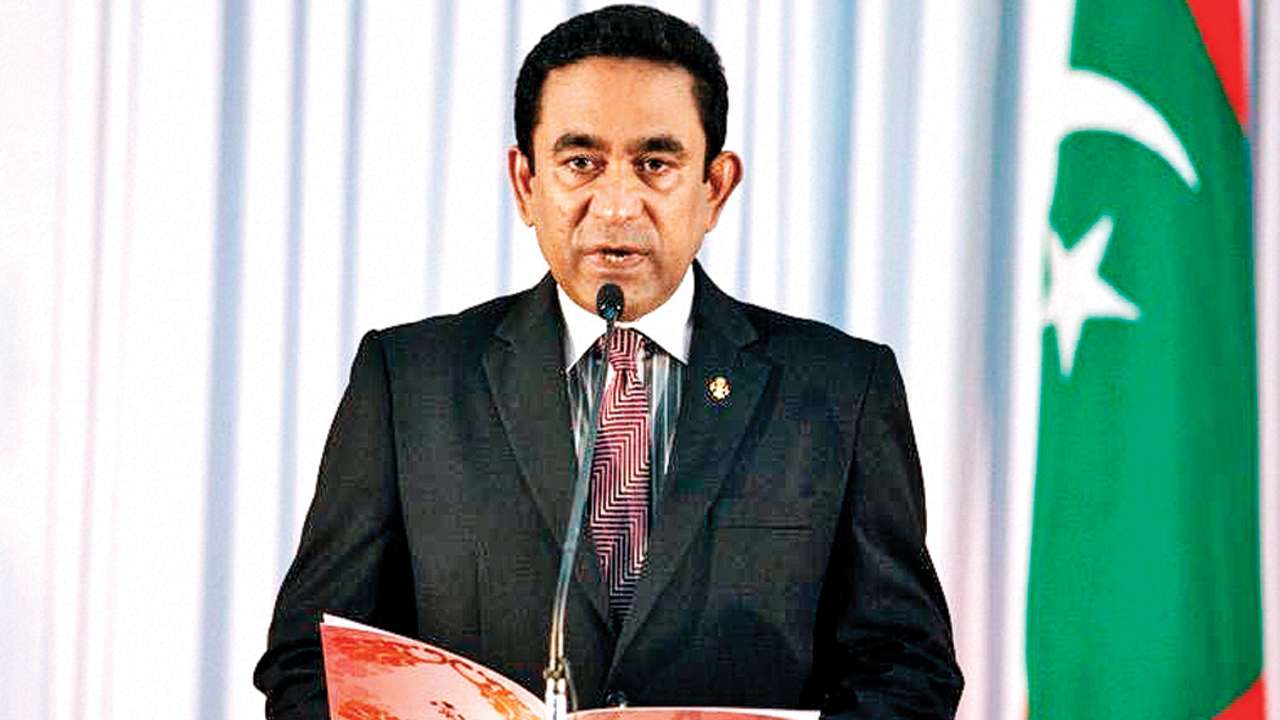
India’s stance on not intervening in the Maldives crisis is being perceived by some in New Delhi as ‘underplaying’ its hands in the matter. Being an emerging power in the international system and a dominant force in South Asia, expectations from India to intervene in the matter were definitely high. But, in a critical issue like this, any decision can’t be taken in haste as it often leads to long-term repercussions for the country and many a times these ‘intervening countries’ are seen as ‘aggressors’ who in the garb of intervening often end up satisfying their own ends.
New Delhi also does not want the tag of being an ‘aggressor’ in the South Asian region as it has been accused of being many times in the past. Countries like Nepal have accused India of showing a ‘big brotherly’ attitude in the past, ensuring that India has become very cautious in its approach while dealing with any one of its neighbours when the issue is related to the domestic politics of these countries.
It is true that throughout history, countries with ambitions of becoming great powers or those who are a great power have meddled in the affairs of its neighbours to showcase their ‘capabilities’ and ‘strength’. This show of strength is not only for the country involved but also for other powers in the international system. This is because every move and action by a powerful nation matters a lot, which in turn impacts upon the wider perception about that country.
For instance, the US has a history of being an ‘intervening power’ and its status as this power grew after every successful intervention. The international system is still a very ‘realist’ domain where power matters the most.
This real display of power is either seen when a war happens and there are clear winners and losers, especially when a country intervenes in other countries’ affairs successfully.
India’s foreign policy is however guided by moral principles of non-intervention in other countries. New Delhi has intervened only if absolutely needed, and the reasons need to be absolutely right for intervention. This was evident when India intervened in East Pakistan in 1971 after it was attacked by Pakistan. This gave India the moral right to intervene in the matter and ultimately liberate Bangladesh as a sovereign nation.
It was a watershed moment in both India’s as well as South Asia’s history as India’s power rose manifold.
Today, the reasons are not right for India to intervene in the Maldives as it was the case in 1988 (Maldives) or in 1971 (Bangladesh).
Some might say that India is not intervening looking at China’s aggressive posture in the Maldives. But one has to keep in mind that India is a much more responsible and mature power than before. India’s growing stature in international relations demands that it has to behave with much more caution and restraint. If indeed, it has taken a more cautious attitude due to China, then it is in India’s best interests to do so. Unnecessary escalation of matters on anyone else’s behalf is never a good option.
Self-interest is always paramount and that’s why India has chosen to be a fence-sitter this time. Sometimes, it is necessary to be a ‘fence-sitter’ in international relations because it allows countries to make rational and calculated decisions in its favour. In that context, one should look at the press release by MEA on this issue that says, “We are disturbed by the declaration of a state of emergency in Maldives, following the refusal of the government to abide by the unanimous ruling of the full bench of the Supreme Court on February 1, and also by the suspension of constitutional rights of the people of Maldives. The arrest of the Supreme Court Chief Justice and political figures are also reasons for concern”.
India’s position on the Maldives is unlikely to change if the situation remains like this. Moreover, the present ruling dispensation under President Yameen has a visible tilt towards China. This is important because firstly President Yameen would never want India to intervene and secondly, China being an ally of the current Maldivian government would do its best to make matters difficult for India if it chooses to intervene. Moreover, Maldives is a part of China’s ambitious Belt and Road Initiative Project as well. Therefore, the stakes for China to defend the present Maldivian regime is very high as well.
As a result, India’s options vis-à-vis the Maldives are very limited and in this very limited space, India has to maneuver carefully, which is exactly what it is doing. Adding to this, international pressure on the Maldives is likely to ensure that the nationwide emergency is lifted sooner. India just needs to add its voice in building up this pressure, sooner or later one is likely to get to see some definitive change in the Maldives.
The author is a junior research fellow at School of International Studies, JNU